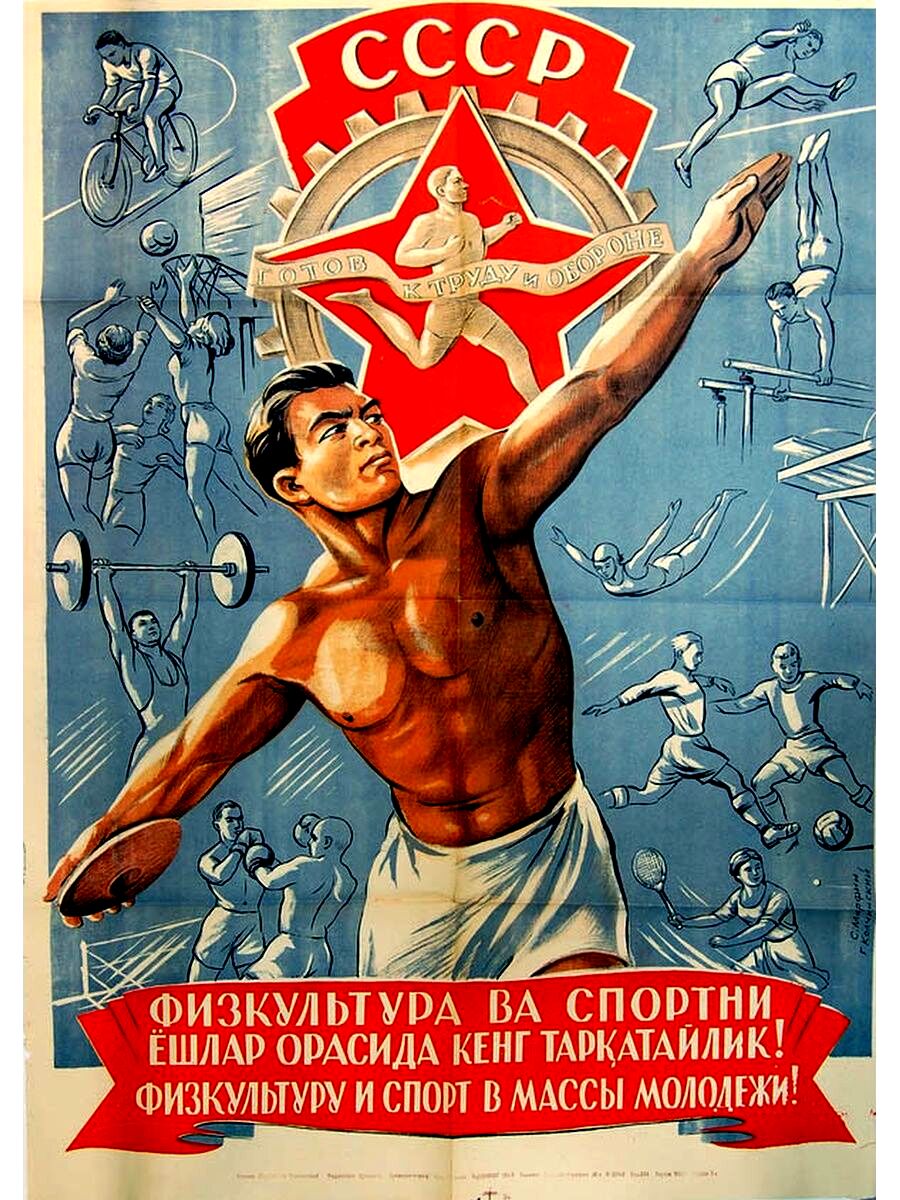International Chess Federation, FIDE, has released new guidelines targeting transgender players. The guidelines would strip trans men's titles, and potentially bar trans women from playing.
In recent months, the discussion surrounding transgender participation in sports has intensified. Several sports organizations have ruled that transgender women cannot participate in their competitions. This trend has expanded beyond traditional sports like swimming, touching even disc golf and billiards, based on perceived “advantages” of transgender athletes. The reaction to trans people in competition has grown to include non-sporting contests like beauty pageants and Jeopardy! after seeing transgender success. Now, FIDE, the world’s foremost international chess organization, has introduced guidelines that would revoke titles from transgender men and bar many transgender women from competing, asserting that trans women "have no right to participate.”
The regulations, reported online by French transgender FIDE master, Yosha Iglesias, spell out a list of policy changes that apply to transgender competition in chess. Among the policy changes:
Transgender men must relinquish their women-category titles after transitioning.
Transgender women can keep their previous titles.
Transgender women have “no right to compete” in the women’s division.
Transgender women will be “evaluated” by the FIDE Council on if they will be allowed to compete in a process that may take up to 2 years.
FIDE can mark transgender players as “transgender” in their files.
Gender changes must be “comply with the player’s national laws” and may include birth certificate documents (despite many nations refusing to change transgender birth certificates)
See the main page on transgender participation from the organization:
The unveiling of these regulations drew widespread ridicule, with numerous individuals challenging the notion that transgender women possess a “natural advantage” in chess. According to the chess news site Chessbase, the women’s category in chess exists to encourage increased participation among women, not because women inherently perform at a lower level in the game. Thus, the typical arguments against transgender women competing don't hold water, as it's implausible to claim that transgender women have an unfair advantage.
This isn't the first instance of scrutiny regarding transgender participation in non-physical competitions. In 2022, transgender Jeopardy champion Amy Schneider set the record as the highest-winning woman in Jeopardy history. Following her success, several anti-trans voices online claimed she unfairly took the title from “real women,” suggesting that transgender women possess an inherent advantage in trivia over cisgender women.
The regulations are harmful and discriminatory towards transgender individuals. The logic behind revoking titles from transgender men transitioning from the women’s category is not explained anywhere in the document. Additionally, these rules would delay transgender women from competing for up to two years while their gender is examined, and could even prohibit them indefinitely. Given that the usual "unfair advantage" argument doesn't logically apply in this context, these regulations appear to unfairly target transgender individuals while sidestepping even the usual arguments against trans competition.
The enforcement of these policies remains unclear. Iglesias took to Twitter, asking, "Am I woman enough?" She listed the FIDE council members, sharing photos that depict the majority as older cisgender men, adding, "these people will decide." The documents don't specify how decisions regarding a transgender member's participation will be made. Until further clarity, transgender international chess players face uncertainty about their continued involvement in the sport.



It was really about the men being big mad about the idea of losing to a woman
Zhang Shan moment (beat the men so hard at the olympics, they created a women's division so it wouldn't happen again)